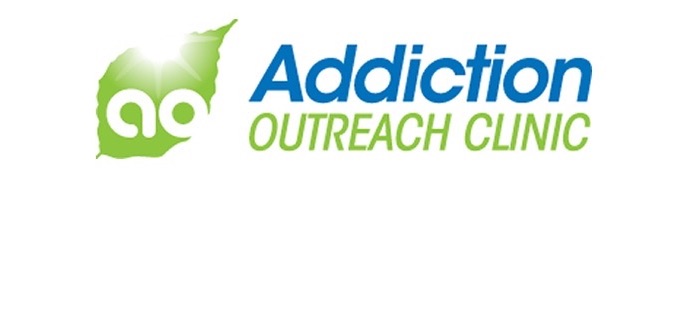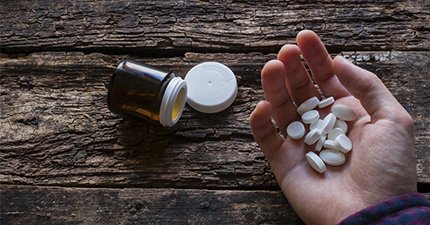Loving an Addict Who Refuses Treatment | Help with Addiction

Loving someone with a drug addiction can be one of the most difficult challenges in life. Intense cravings stimulated by drug use cause a loved one to keep using.
As someone continues to use they develop a dependency, over time it can become more difficult to seek treatment. If a loved one with a drug abuse issue refuses to seek treatment toward sobriety, there are many ways a family member or friend can step in to help them.
In this post, we’ll give you tips and advice on loving an addict, maintaining a relationship with an addict, and loving without enabling addiction.
Positivity is Key to Maintaining a Loving Relationship With an Addict
Drugs like opioids can have a powerful hold over an addict causing intense withdrawal symptoms when they are needing more drugs. Withdrawal symptoms can include hot and cold sweats, muscle pains, diarrhea, and vomiting. Withdrawal sickness can be so intense that many will keep using drugs just to avoid the withdrawals.
When loving someone with a drug dependency it is vital to put a positive outlook on treatment. Treatment programs known as “maintenance” programs can help ease the effects of withdrawal sickness, creating a more positive outlook on overcoming drug dependency. Through a “maintenance” treatment program Suboxone is used to reduce the harm done by drugs during the withdrawal process.
What is Suboxone?
Suboxone works by satisfying the opioid craving at a low dose while still giving the effect of being drugged. By treating drug abuse with Suboxone an addict can withdrawal slowly, lessening the symptoms of depression that often come with withdrawal sickness. This provides a much more positive process for withdrawing, eventually leading a loved one down the path of recovery.
Reassure Self-Worth to Help With Addiction
One of the most important things to remember when a loved one is suffering from addiction is that no one ever starts using drugs to become an addict. Deep down every addict hopes for sobriety.
In every case of drug abuse, a loved one has spent a considerable amount of money towards drugs. The amount of money spent on drugs could have gone towards more positive things in life such as education, family, and housing. This can cause feelings of massive guilt and self-loathing that can make him or her feel as if they are beyond help.
A family member may have to convince a loved one with a drug addiction that he or she is valuable and deserves to receive drug treatment. Remind him or her that recovery is possible and there is still hope. You can help with addiction, provide consistent reassurance to your loved ones that they are worth it, they can be helped, and there is hope for recovery.
Stage An Intervention
When a loved one has failed to see that they have a problem with drugs, it may be time for an intervention. Staging an intervention can be overwhelming for family and friends, however, it is often necessary when a loved one refuses treatment.
Try an intervention by getting a strong support group of close friends and family to express their feelings about what the drug abuse is doing to the addict’s life. By having a drug dependent loved one see how their drug abuse has hurt others may be what they need to pursue treatment.
Although second interventions are often needed, a professional interventionist can be hired to assist in another intervention for a loved one.
Consequences, Love but don’t Enable an addict
If a first and second intervention has failed to convince a loved one to seek treatment, family and friends need to start following through with consequences. Many times an addict refuses treatment and believes that he or she can quit at any time because family members are protecting and/or enabling addiction.
If a loved one is providing money or housing for someone with a drug dependency, many addicts fail to see the natural consequences that drug abuse can have. Removing protective barriers and letting a drug dependent loved one see how the drug negatively effects their life may be what he or she needs to finally accept and seek drug treatment.
While continuing to love a child, spouse, other family member or friend can be difficult, recovery is possible. Although opioid drugs can have profound negative effects on a users life, it is vital to stay positive regarding treatment. Remind a loved one with a drug dependency that no one is beyond hope.
We’re here to help…
Whether treatment is for you, a family member or a friend, we are happy to speak with you about our outpatient drug treatment program, and how AOC can help patients with their opioid addiction recovery. Since 2007, AOC has helped thousands of patients on their path to recovery.
Please read more about AOC, or call us at 330-259-4849, or email to schedule an appointment – it’s fast, easy and confidential.










Leave a Reply
Want to join the discussion?Feel free to contribute!